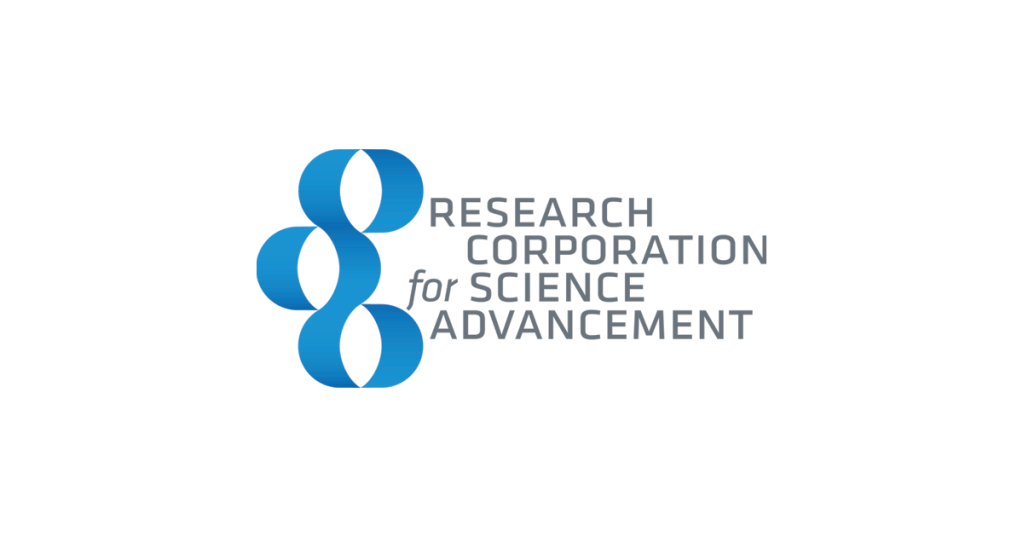Congrats to Dr. Malkanthi Karunananda, who was selected for a 2021 Cottrell Postdoctoral Fellowship from Research Corporation for Science Advancement with support from the National Science Foundation. The fellowship will support Malkanthi as she pursues computational studies of alkene functionalization reactions using a transient directing group strategy in collaboration with Prof. Ken Houk at UCLA. As part of the fellowship, Malkanthi will also co-teach a primer in computational chemistry for organic chemists. Congrats on this recognition, Malkanthi!
For more information about the program, click here: https://rescorp.org/cottrell-scholars/cottrell-fellowships
For a link to the award announcement, click here: https://rescorp.org/news/2021/09/rcsa-nsf-support-14-postdocs-in-2nd-year-of-cottrell-fellowships




